What Cancer Taught Me About AI
Embracing Our Oldest Story Of Success
The day you receive a cancer diagnosis is one that should be etched in your memory. That seemed likely when I was diagnosed with Hodgkin’s lymphoma last September. But, when I was told just two weeks later that three more primary cancers joined the fray, my timeframes started to blur.
At the University of Pennsylvania, my doctors informed me that my case was unusual, but not unprecedented. With remarkable calm, they unfurled a life-saving plan: a mix of surgery and chemotherapy, coupled with gene editing. In this unfamiliar terrain, I was a passenger, reliant on the abilities of others.
Survival meant leaning on knowledge and skills I didn’t possess. Oncologists, nurses, surgical robots, and complex chemotherapeutic agents — many with names I can’t pronounce — became my lifeline. With every injection, every scan, this idea came alive. The medical professionals caring for me were like my personal AI — not silicon-based, but flesh-and-blood, brimming with knowledge and expertise.
This “artificial intelligence” I depended on contrasts with today’s popular notion of AI, yet they share an essential kinship. AI isn’t an anomaly; it’s the latest chapter in our longstanding journey to transcend our innate limitations.
From the dawn of our existence, humans have recognized that our strength lies in unity, in the collective wisdom and abilities that emerge when we collaborate. We formed social groups, not just for safety, but for the enrichment of our capabilities. Each individual, with their unique skills and knowledge, contributed to a greater whole, allowing us to achieve feats that were impossible in isolation. This early form of “artificial intelligence” was the knowledge and skills that we ourselves did not possess but could access through cooperation with others.
As we evolved, so did our ingenuity. We looked at the world and saw not just challenges, but opportunities to enhance ourselves even further. Where we lacked strength, we domesticated animals to bear our burdens. Where our legs could only carry us so far, we invented chariots, bicycles, and cars to whisk us across distances at speeds previously unimaginable. We created glasses, telescopes, and microscopes to see the unseen, amplifiers and hearing aids to hear the unheard. Our ambitions even took us to the skies with airplanes and beneath the oceans with submarines. In every step, we turned our limitations into possibilities, transforming ourselves into more than our biology dictated.
Our quest for expansion wasn’t limited to the physical realm. The human mind, with its boundless curiosity and capacity for creativity, sought ways to exceed its innate constraints. We developed language, a tool not just for communication but for the articulation of complex thoughts and ideas. We invented writing, and then the printing press, creating repositories of knowledge far beyond what any single brain could hold. Libraries became the external hard drives of our collective intellect. But we didn’t stop there. Computers arrived, revolutionizing the way we store, process, and access information.
Today, artificial intelligence represents the next step of this journey. It’s not a deviation but a continuation, embodying humanity’s cumulative knowledge and capabilities. Amidst this technological marvel, it’s vital to remember that our story has always been about more than tools.
At its heart, our narrative is about collaboration and cooperation, but also curiosity and creativity. The power of AI, as remarkable as it is, cannot overshadow the value of human empathy and teamwork. True magic occurs when diverse minds unite, sharing differing skills, perspectives, and experiences for a common purpose, which is why our reliance on AI should be balanced with fostering collaborative environments. By fusing human creativity and curiosity with AI’s unparalleled abilities, we once again overcome our biological limitations.
Yet, there’s a cautionary tale to be told, one that emerged during my own journey through hospital wards and chemotherapy sessions. It reveals some unsettling aspects of our current engagement with AI and technology, in general. A prime example is the world of social media.
These platforms, ostensibly created to ignite our imagination, often perpetuate a cycle of imitation and repetition. Scrolling through my feed, I witnessed a monotonous parade of posts and stories, eerily similar. The issue wasn’t AI rendering us redundant; we were voluntarily surrendering our creative spark to the convenience of algorithms and preset responses.
The real danger doesn’t come from AI rendering us obsolete. It lies in our self-imposed stagnation, in our waning curiosity to solve problems, in the halting of our personal growth, and in our increasing reliance on the very tools we’ve crafted. It is our willingness to abdicate the one true skill we have.
My battle with cancer underscored the imperative for a paradigm shift in our interaction with AI. It calls for a collaborative approach. Our creativity and AI’s potential should reinforce each other. AI should be a catalyst for our imagination, not a crutch that undermines it.
The artificial intelligence that saved my life mirrors our broader relationship with AI. Just as my survival depended on external expertise, our societal progress hinges on employing AI, not as a solitary beacon, but in concert with others, to forge a superior version of ourselves….once again.
